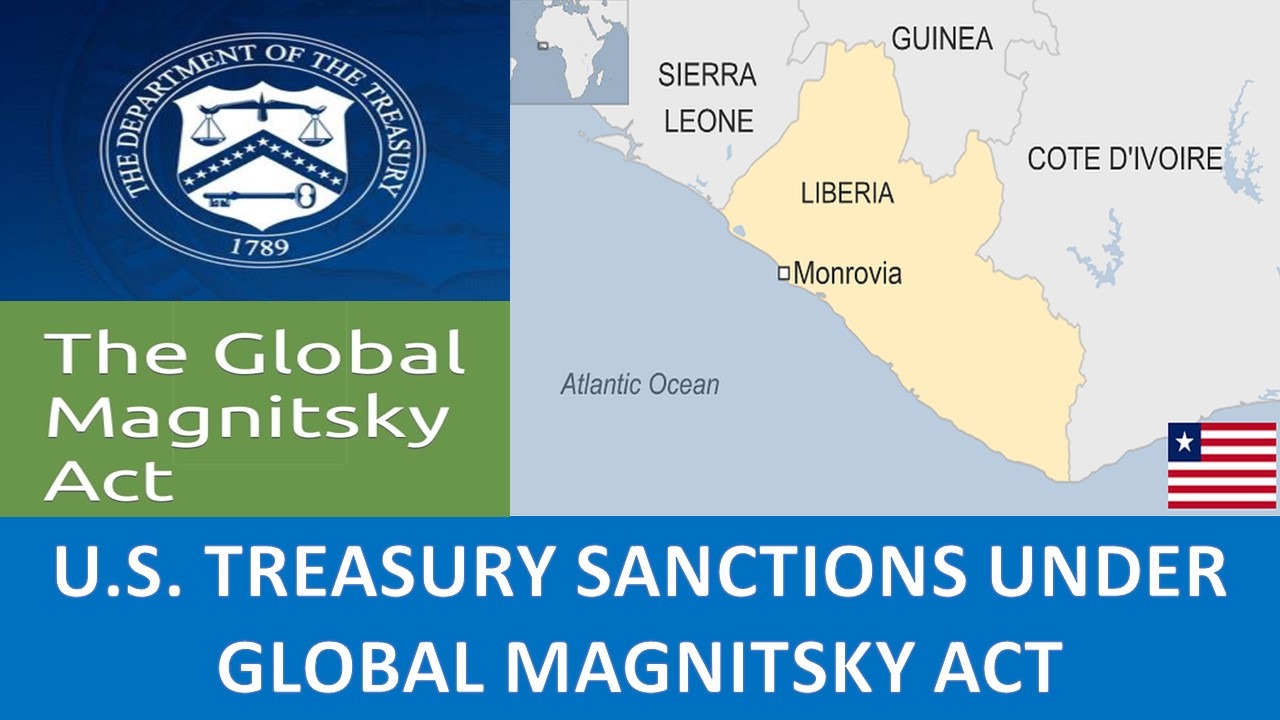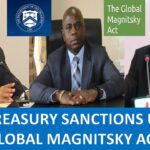In recent years, the United States has intensified its efforts to combat corruption and malfeasance on a global scale. One notable case that has gained attention is the imposition of sanctions on government officials in Liberia through the Global Magnitsky Human Rights Accountability Act (GloMag). This act empowers the U.S. government to target individuals engaged in corruption and human rights abuses, freezing their assets and restricting their access to the U.S. financial system.
Understanding GloMag Sanctions:
The Global Magnitsky Act, signed into law in 2016, extends beyond U.S. borders to hold individuals accountable for corruption, human rights violations, and other illicit activities. It provides a tool for the U.S. government to address corruption on an international level by targeting specific individuals rather than imposing blanket sanctions on entire countries.
Liberia’s Political Landscape:
Liberia, a West African nation, has faced challenges related to corruption and governance. In recent times, the U.S. government has identified specific officials allegedly involved in corrupt practices, prompting the implementation of GloMag sanctions.
Witch-Hunting or Accountability?
Critics argue that the U.S. sanctions can be perceived as a form of “witch-hunting,” suggesting that the measures may be politically motivated or lack due process. On the other hand, proponents view these actions as a necessary step in holding accountable those responsible for corruption and human rights abuses, fostering transparency and good governance.
Implications for Liberia:
The imposition of GloMag sanctions on Liberian officials has far-reaching consequences for the country. The targeted individuals face financial isolation and restrictions on travel, affecting their ability to conduct international transactions and engage in diplomatic activities. Additionally, these measures send a strong signal to other government officials, emphasizing the importance of ethical conduct and adherence to human rights standards.
Global Collaboration:
While the U.S. takes a lead in sanctioning individuals under GloMag, it is crucial to acknowledge the importance of international collaboration. Addressing corruption is a global challenge that requires coordinated efforts. The U.S. government often works in tandem with other nations, leveraging diplomatic channels and international organizations to maximize the impact of these sanctions.
Conclusion:
The imposition of GloMag sanctions on Liberian government officials reflects a broader commitment by the United States to combat corruption and promote human rights globally. However, the effectiveness of such measures should be continually evaluated, ensuring they contribute to positive change while upholding principles of fairness and due process. As Liberia navigates the challenges posed by these sanctions, the international community will be closely watching the outcomes and assessing the broader implications for similar actions in the future.




